Loading...
Unlock the full value of your retired assets with our expert recycling services...
For a seamless and hassle-free experience, our dedicated driver will collect your items, whether loose or palletised, and carefully load them into their vehicle. To ensure a safe and secure transportation process, we provide complimentary containers for loose waste, eliminating any additional costs for you.
Our entire fleet is meticulously monitored through GPS tracking and onboard CCTV cameras, ensuring a secure and reliable transportation experience. Our drivers, who have undergone rigorous DBS checks, are dedicated professionals committed to providing exceptional service.
Experience seamless nationwide collection with our efficient service, available 7 days a week. Book your slot today and enjoy a hassle-free experience, anywhere in the country.
Quality Waste is the leading contender offering low-cost provider of WEEE Waste Disposal, with a low-cost collection service, operating nationwide. Whether you need a collection of IT equipment or a collection of fridges, our prices can’t be beaten. Our team of experts ensures a hassle-free and environmentally responsible disposal process, ensuring you meet all regulatory requirements. With our flexible scheduling and reliable service, you can trust us to handle all your WEEE waste needs. Contact us today to learn more and get a quote!
Faster, Smoother, Simpler: Our 7-Day week Collection Service for Your Convenience _ _ _ _ _ _ _ _ _ _ _ _ _ _ _ _ _
Dispose of e-waste affordably with our eco-friendly services. Protect the environment while saving money. Book now!
At Quality Waste, our commitment to sustainability is unwavering. That's why we've implemented a strict 'nil to landfill' policy, ensuring that 100% of our waste is either reused, recycled, or repurposed. This bold initiative not only reduces our environmental footprint but also sets a new industry standard for responsible business practices.

Unveiling Our Expertise: A Closer Look at Our Specialised Sectors

Take advantage of our complimentary collection service for bulk orders of 5-10 PC's/Laptops/Servers (i3 or better). Alternatively, we offer a cost-effective economy service for smaller quantities. Contact us to learn more and discover how we can tailor a solution to meet your needs.
Read more
Diversify your IT inventory with our comprehensive collection, featuring a wide range of legacy devices, including vintage PCs, laptops, servers, monitors, tablets, mobile phones, Apple Macs, printers, photocopiers, power leads, and an array of mixed accessories.
Read more
Are you managing multiple locations or dealing with redundant IT assets? Partner with Quality Waste for a hassle-free solution. We'll collect unwanted equipment at no cost, refurbish it, and provide rebates to your business for every collection.
Read more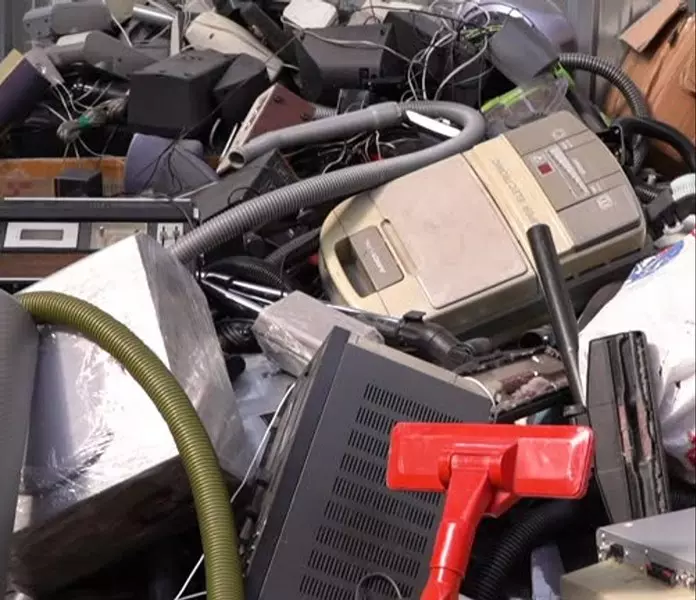
Quality Waste is your ideal dispsal company, we take pride in handling your waste with attention to detail to ensure your WEEE is securely recycled and including any data carrying devices are removed. Our Mixed WEEE service will allow you to dispose of all types of equipment low cost.
Read more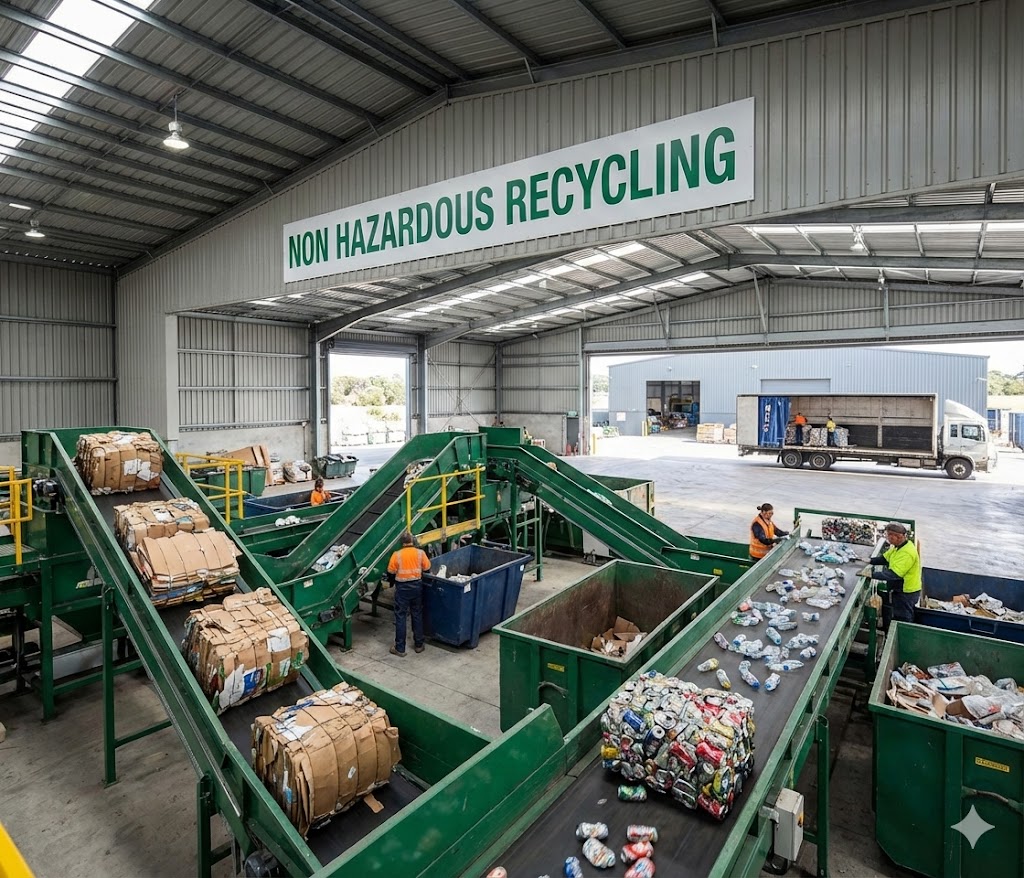
We manage everyday non-hazardous waste such as paper, cardboard, plastics, metals, and glass. Our service ensures these materials are collected, sorted, and recycled responsibly, supporting a cleaner environment and reducing landfill impact.
Read more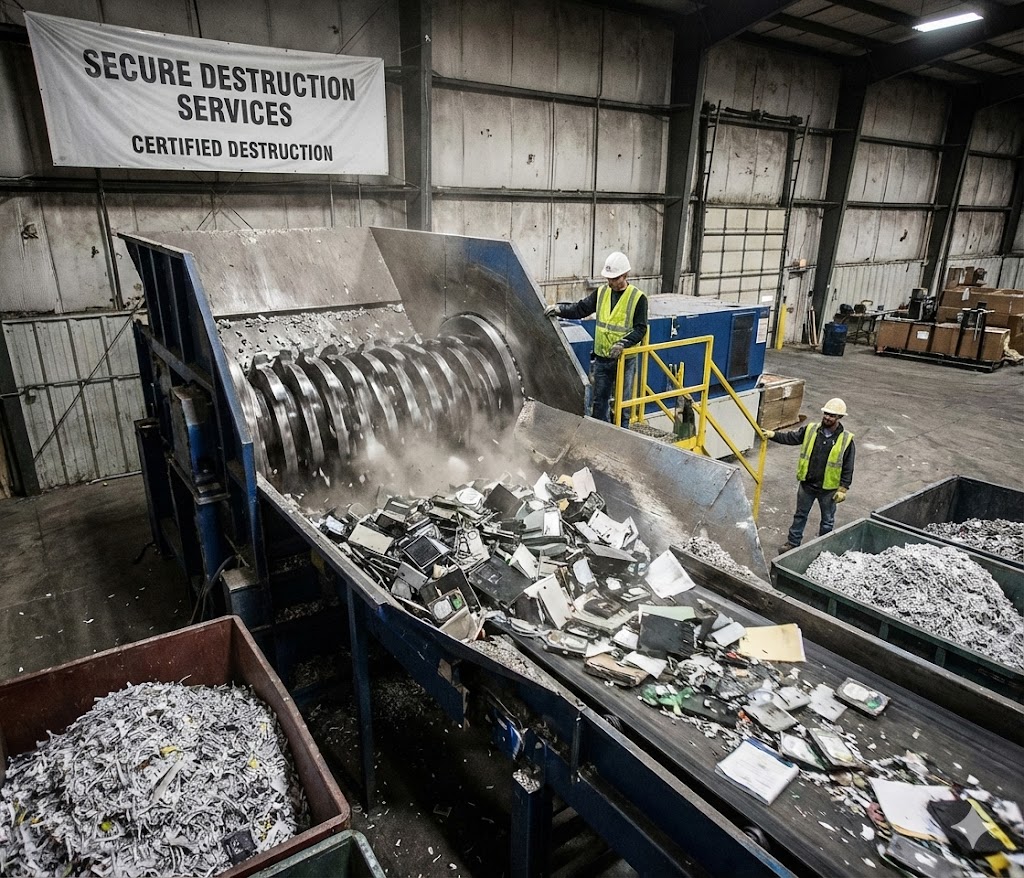
Protect your business with our certified destruction services. We securely dispose of data-bearing devices, hard drives, and confidential documents, providing certificates of destruction to guarantee compliance and peace of mind.
Read more
Our team specializes in the safe handling and disposal of hazardous chemicals. From laboratory waste to industrial by-products, we follow strict environmental standards to ensure safe containment, transport, and treatment of dangerous materials.
Read more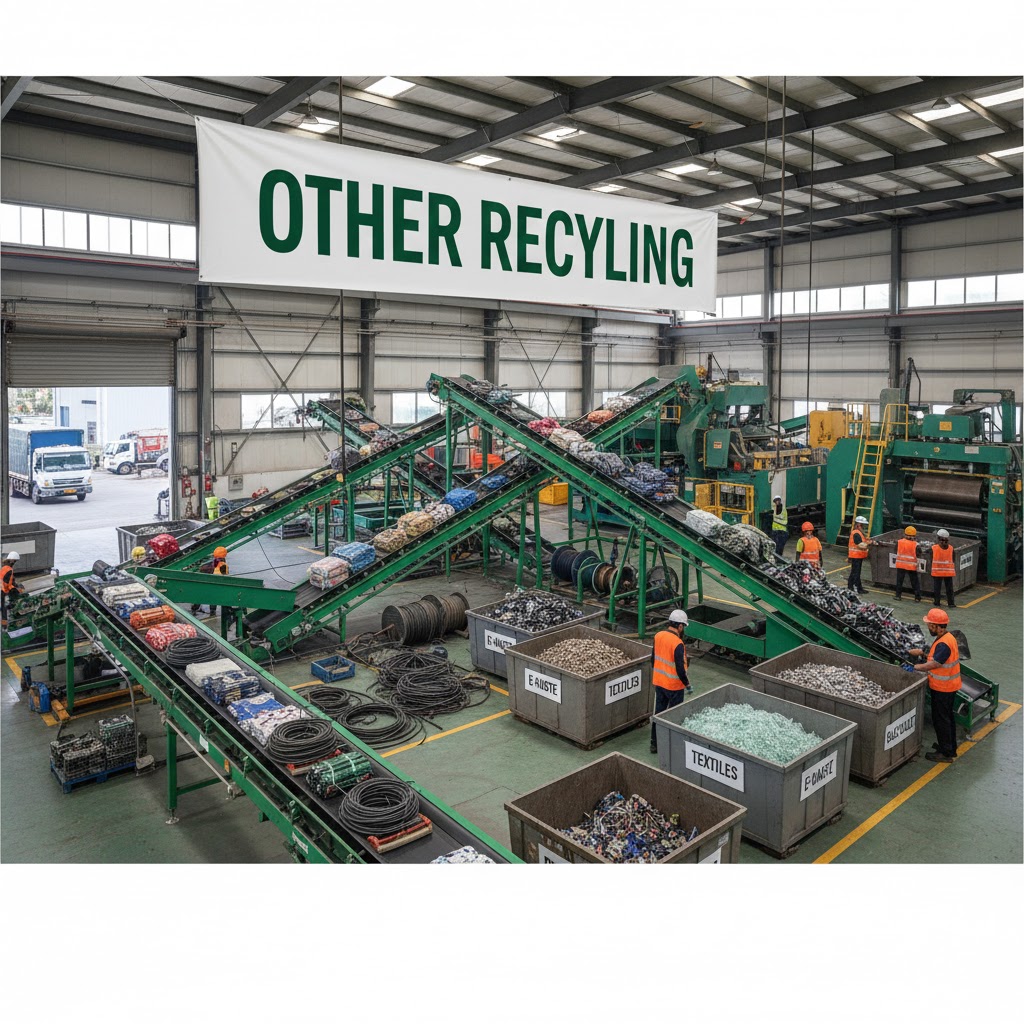
Explore our extended recycling solutions covering additional waste streams. From office consumables to specialized materials, we provide clear guidance and cost‑effective options to ensure all your waste is managed responsibly.
Read moreA Diverse Fleet operating nationwide for Your Waste Needs

Trust us to handle your transportation needs with precision and care.
We focus on building trust, efficiency, and results that truly make a difference.
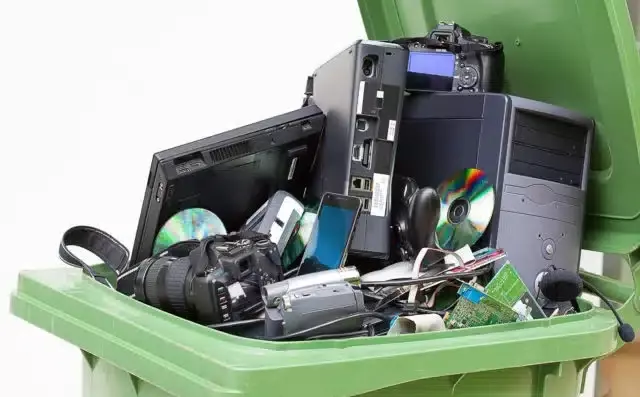

We provide storage or containment units as needed and collect them once full...
WEEE stands for Waste Electrical and Electronic Equipment. It refers to discarded electrical or electronic devices.
These items can include everything from old computers and smartphones to kitchen appliances and TVs.
Understanding WEEE is crucial in today’s world. It helps us manage electronic waste responsibly and protect the environment.
We prioritise customer convenience and flexibility. Unlike others, we provide our clients with the liberty to choose between secure reuse and shredding options, at no additional cost.
Furthermore, we collect any quantity, free of charge, with every scheduled collection.
1. Physical destruction, where the hard drive is shredded into pieces and melted back down for materials, ensures that sensitive data is irretrievable.
2. Erasure of the storage device, this process is lengthy (a 1TB drive takes 24 hours to fully erase). All data is fully erased by continuously rewriting to the drive on a security cycle.
Both services come with certification.
Experience efficient and eco-friendly electronic waste disposal with our prompt collection services.
We strive to retrieve bookings within 7 days, with most cases enjoying a convenient next-day collection.
Alternatively, we collect your WEEE within 2 weeks when our vehicles are in your area.
Streamline your storage operations with our comprehensive range of containers, featuring 240ltr-1100ltr wheelie bins, 660ltr pallet boxes, and cut top IBCs.
As a valued customer, you can enjoy most of our containers at no additional cost when you book with us twice a year.
Our flexible and economical solution empowers you to optimise your storage needs while minimising disruptions to your business.